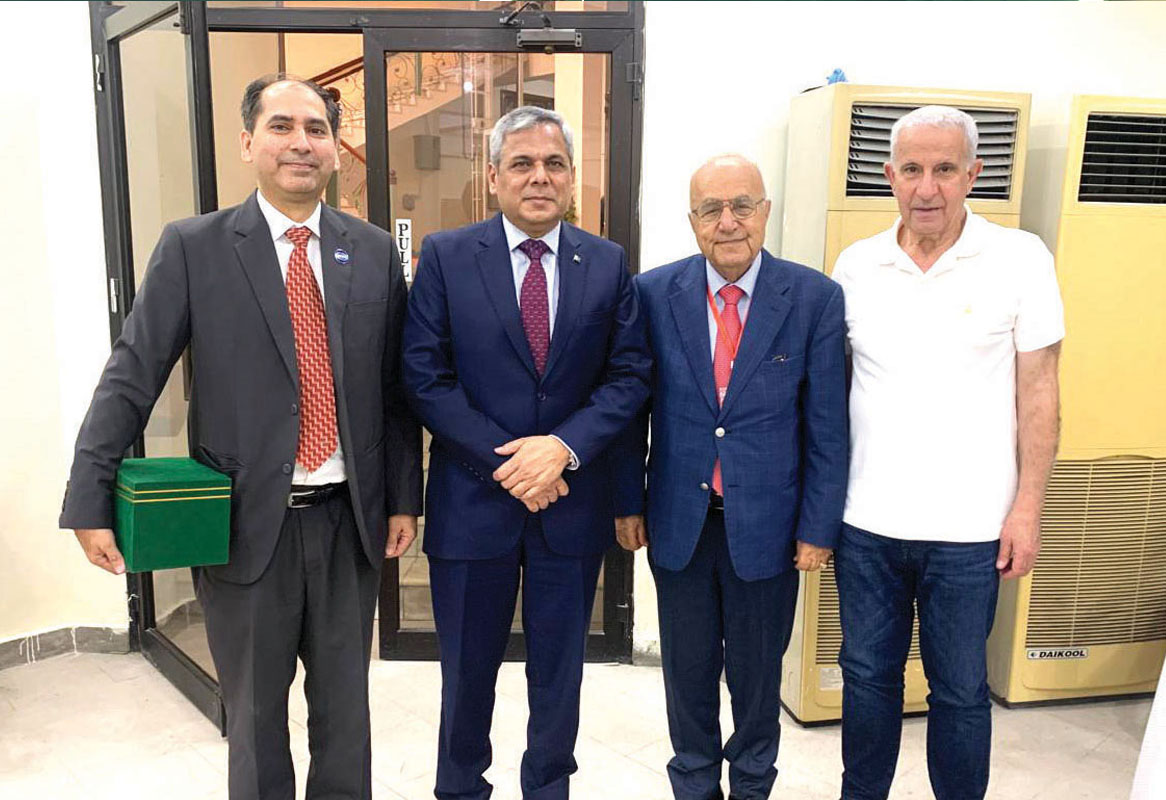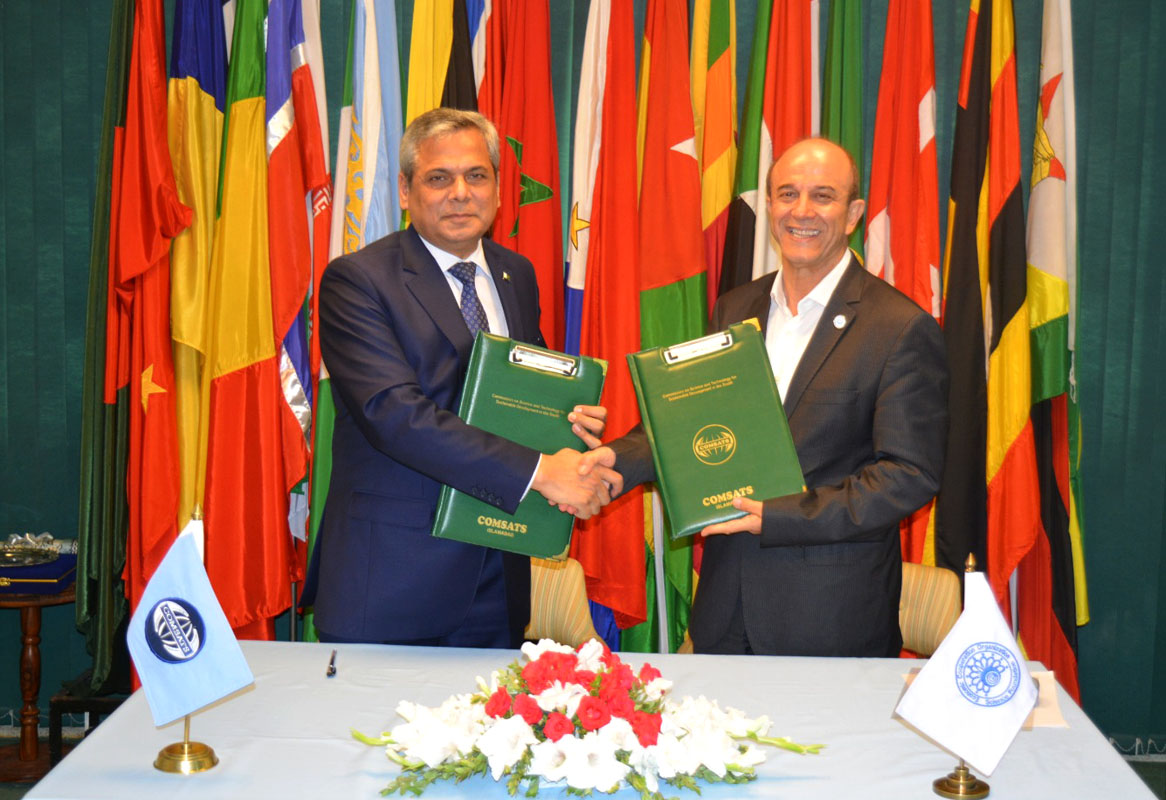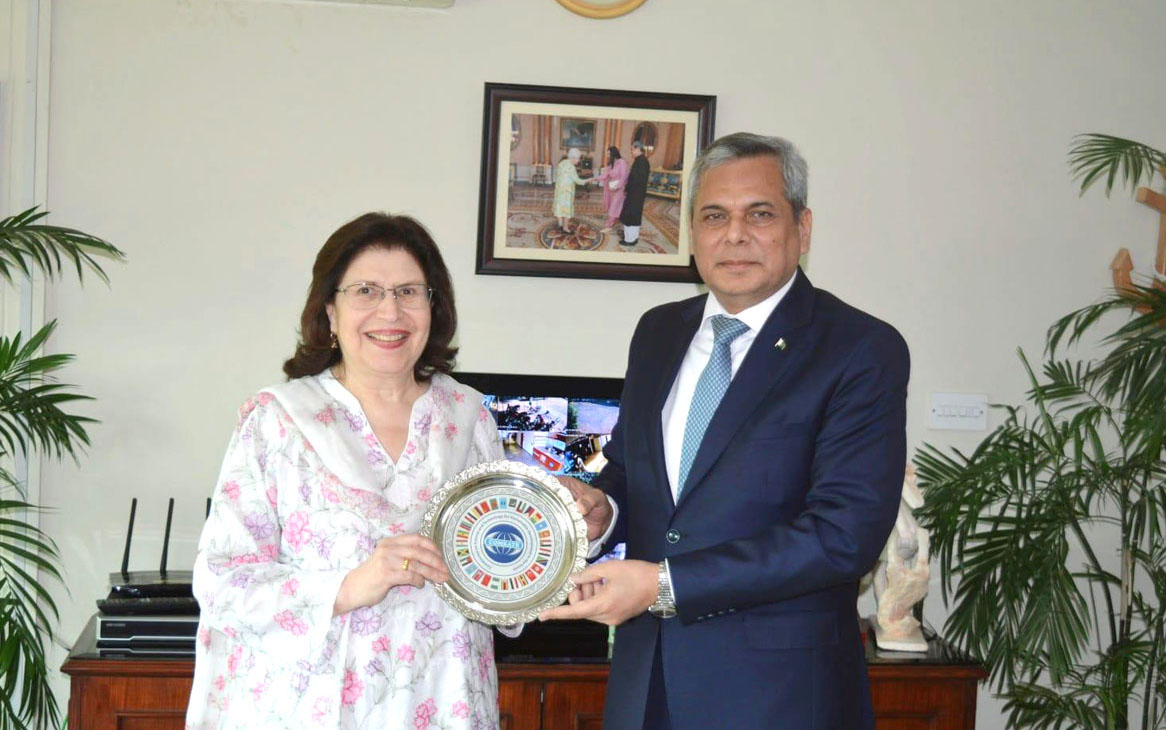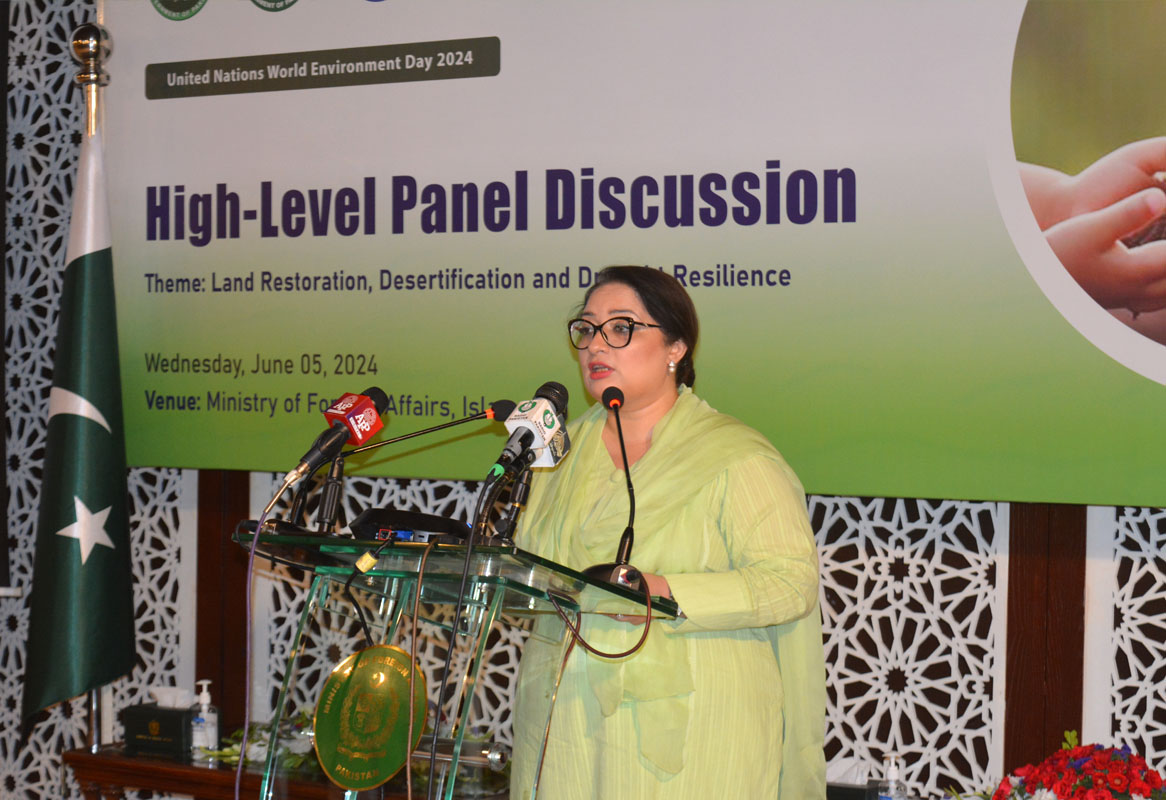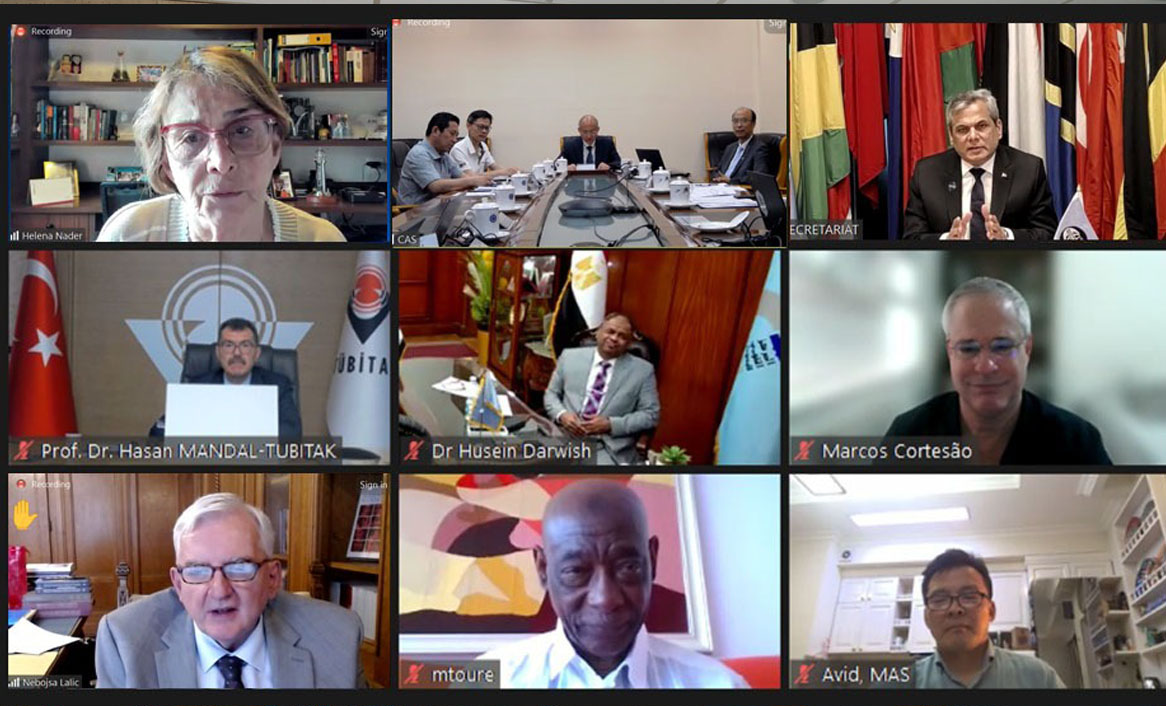The prowess of the mind has long surmounted numerous physical barriers and has helped tackle challenges for humanity that were once deemed impossible to overcome. Narrative of progress and growth has transcended mere physical feats, duly acknowledging the need for equality of intellect irrespective of gender.
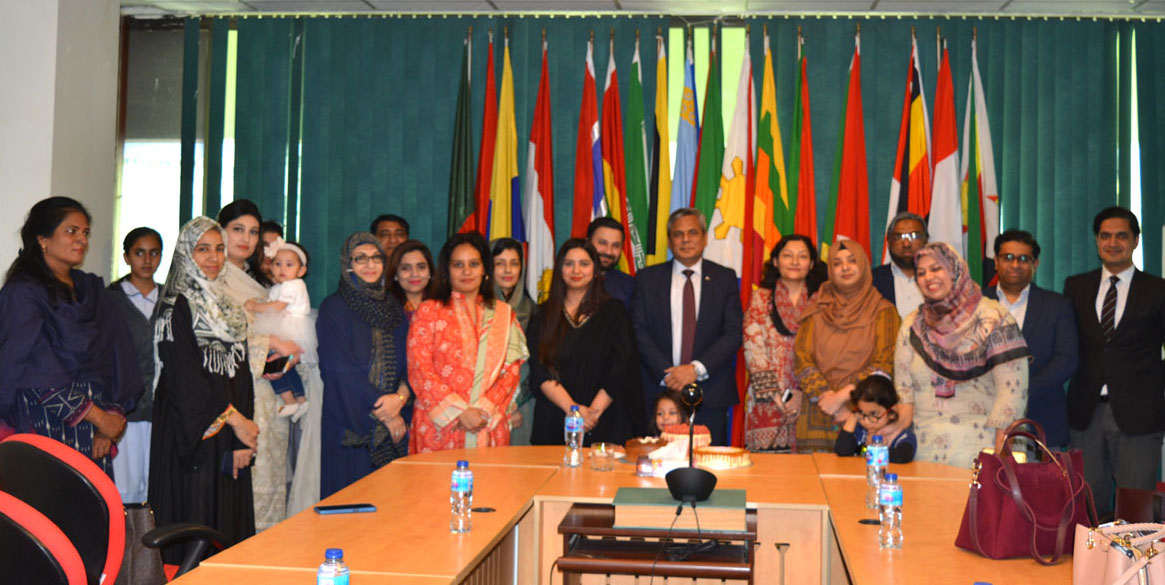
With men only slightly outnumbering women in global demographic, women’s representation in Science, Technology, Engineering, and Mathematics (STEM) fields remains disproportionately low – women occupy only 31% of research and development positions in science globally, with even lower figures in leadership roles, particularly in the technology sector. Despite the clear benefits of women’s participation in STEM fields, underrepresentation of women in these fields is a global issue, with disparities and barriers more pronounced in certain regions, especially the Global South.
Societal stereotypes and biases often discourage girls and young women from pursuing careers in science and technology, leading to lack of representation in these fields. Governments and policymakers also have a role to play in addressing systemic barriers to women’s participation in STEM fields. Encouraging girls from a young age to pursue careers in technology and providing necessary support, including childcare, are crucial steps toward achieving gender parity in these sectors. More policies and initiatives are needed to enable them.
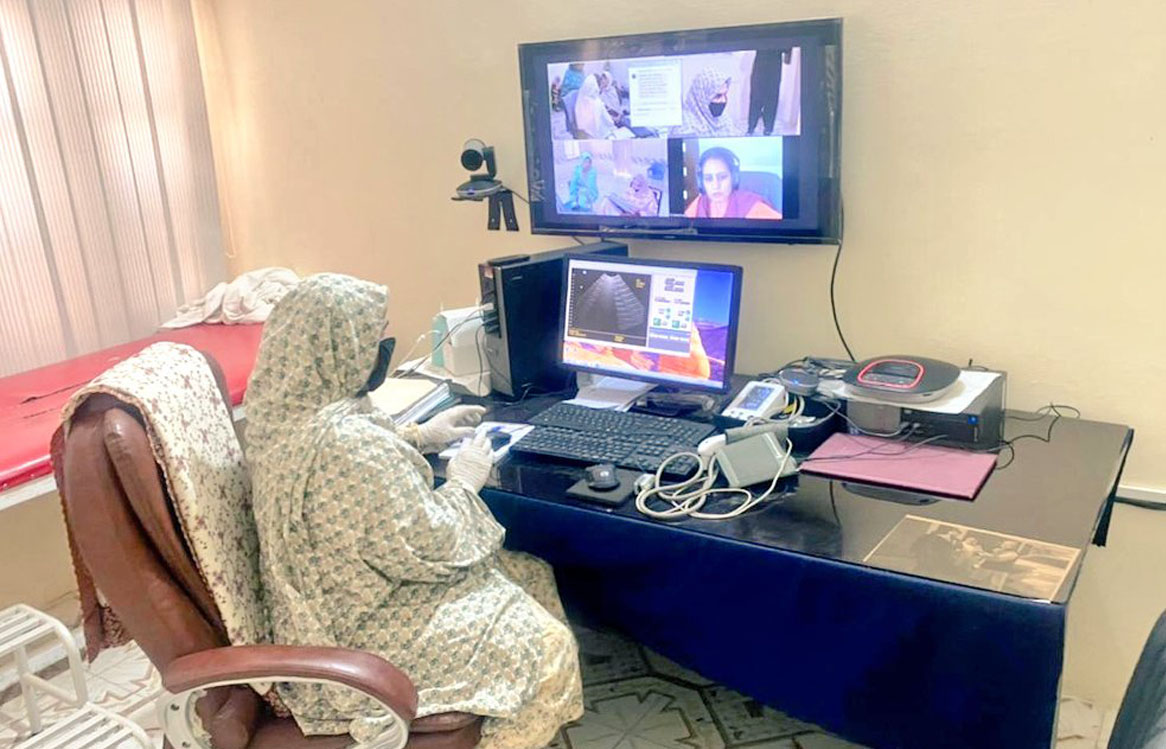
Necessary perspectives are gained and disseminated by COMSATS through devoted events, observances and intellectual exchanges. “We have to start encouraging and supporting females very early if we want to bring a change”, Prof. Mariangela Hungria, Senior Researcher, EMBRAPA, Brazil, told COMSATS’ communication team in a focused interview, “this kind of support is very important since most of the women want to be mothers and the planet also needs new generation.” she share based on her personal experience, “Women should be allowed to be excellent scientists, excellent professionals, and excellent mothers as well. This change needs support from government institutions.”
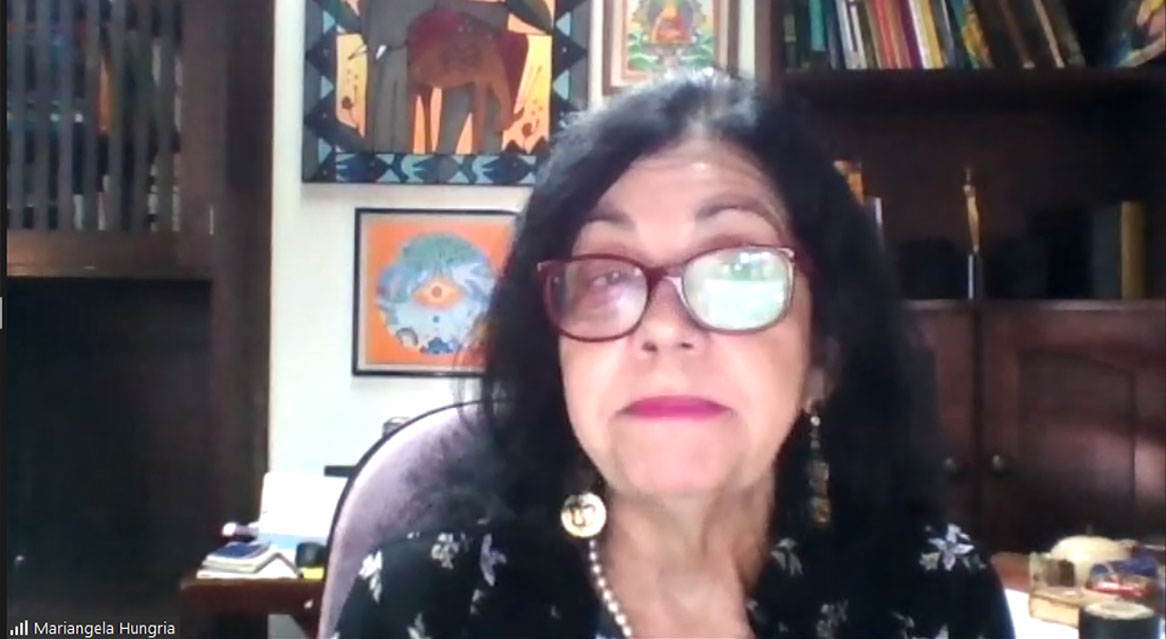
Women’s participation in science and technology is not just a matter of gender equality, it is crucial for addressing some of the most pressing challenges facing humanity, such as pandemics, climate change events, natural disasters, and economic crises. Increasing women’s participation in the workforce, particularly in high-skill fields like STEM, can boost economic growth and reduce poverty.
UN’s Sustainable Development Goals (SDGs) also emphasize inclusive and equitable development, recognizing the pivotal role of women. Science and technology offer solutions to pressing global challenges, from climate change to healthcare access, but their effectiveness relies on diverse perspectives and inclusive participation.
Directly contributing to SDGs on universal healthcare and women empowerment and reduced inequalities, COMSATS Telehealth (CTH) has made significant strides in providing essential healthcare services to communities in some resource-challenged areas of COMSATS host country, Pakistan. With a notable 80% of beneficiaries being women and children, the program has played a crucial role in addressing the healthcare needs of this demographic.
The Telehealth clinics prioritize maternal and child health, with a focus on antenatal care, handling 75-80% of cases in this area. To cater to the predominantly female patient base, all staff members, including doctors and LHVs (Lady Health Visitors), are women. This deliberate staffing choice aims to create a comfortable environment for female patients to discuss their health concerns openly.
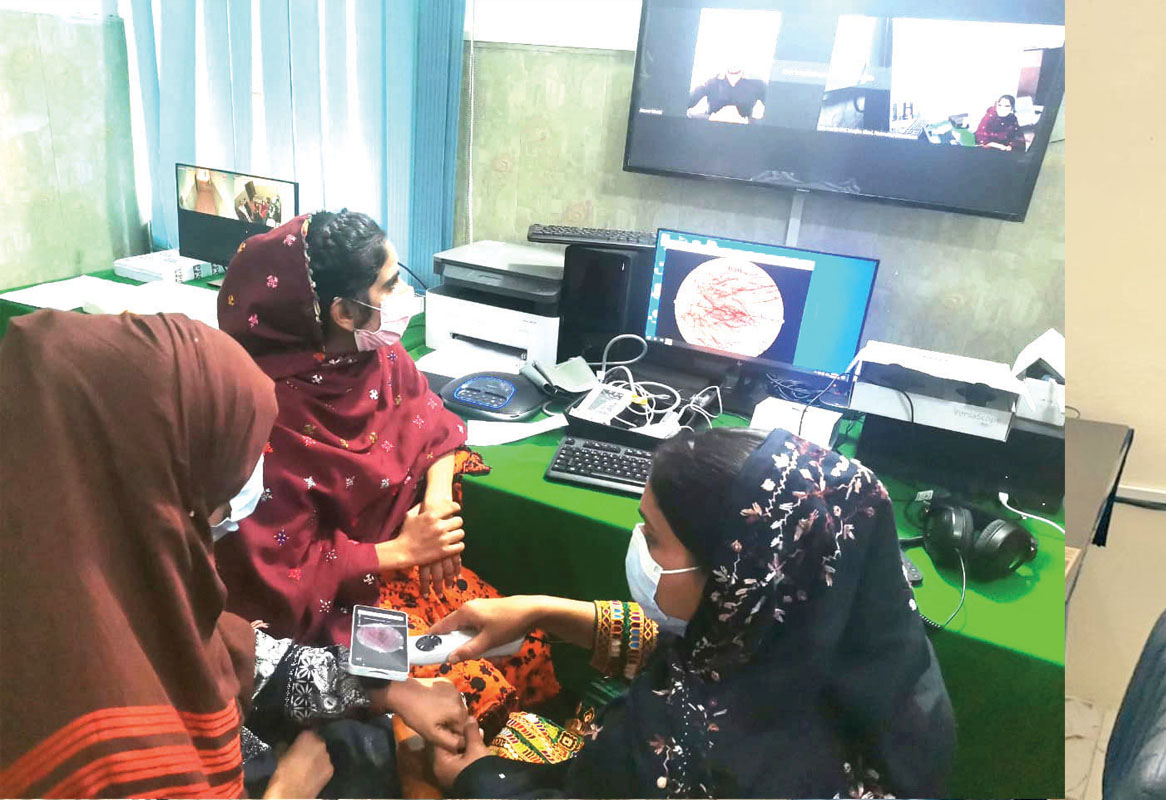
Operating in rural areas where access to healthcare and literacy rates among women are low, CTH has been a lifeline for many. The project boasts a team of dedicated female doctors specializing in various fields, including gynecology, pediatrics, dermatology, and family medicine operating from CTH resource centre at the heart of Pakistan’s Capital City. This ensures that women of all ages have access to quality medical consultations from the comfort of their communities. CTH’s commitment to prioritizing the well-being of mothers and children, coupled with its sensitivity to gender-specific needs and its exploration of social empowerment initiatives, underscores its holistic approach to healthcare and community development. Sensitivity to the cultural norms and preferences of its female patients is the hallmark of CTH.
Developing countries’ challenges to women empowerment are manifold, from access to basic services and social freedom to participation in STEM fields, careers and leadership. Addressing these, we can unlock the full potential of women and achieve sustainable and equitable development by ‘investing in women, accelerating progress’.
“You cannot hope to build a better world without improving the individuals. To that end each of us must work for his own improvement, and at the same time share a general responsibility for all humanity, our particular duty being to aid those to whom we think we can be most useful.”- Marie Curie

